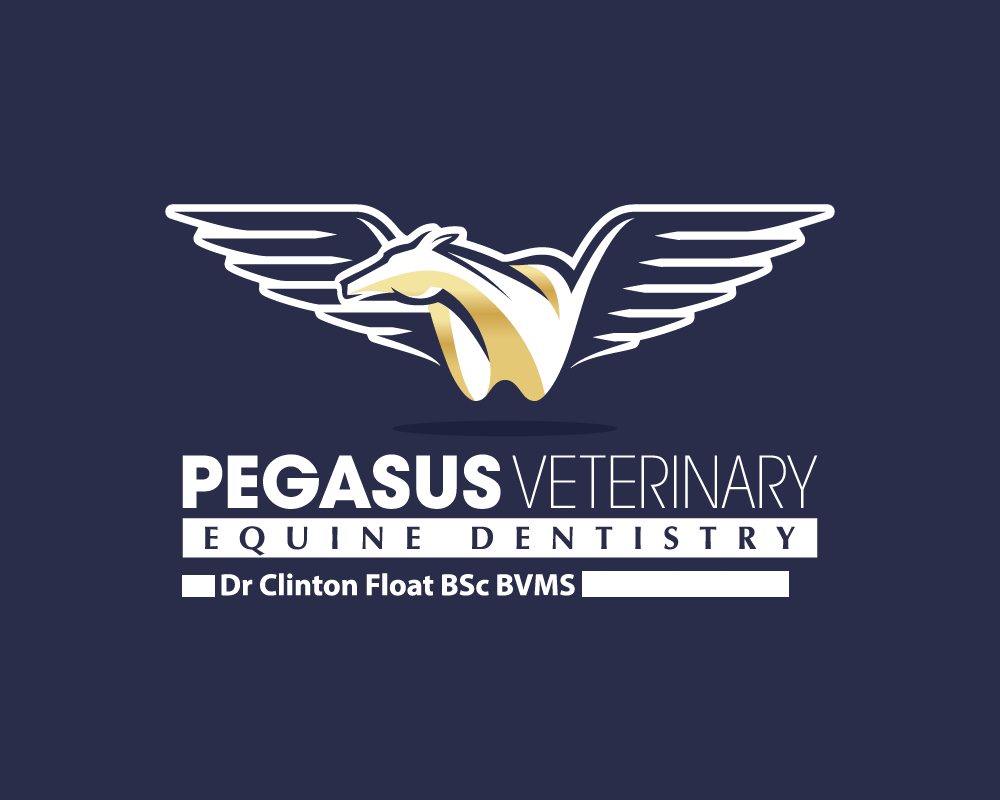Can Motorised Instruments Cause Damage?
In short, yes. Teeth are like any other sensitive living tissue in the body and can be damaged by over aggressive use of powered dental instruments. In the past (and unfortunately in the present too), poorly trained vets and dental technicians seem to approach the teeth as though they are carpenters or stonemasons dealing with inert tissue within the mouth.
There are two ways we can damage the teeth. The first is by over rasping the tooth, taking away too much tissue and opening up the nerve cavity. The second is by causing heat damage to the nerves within the teeth.
So how do we avoid damage?
Choose a vet or dental technician with a reputable qualification in dentistry and an up to date knowledge of dental anatomy and techniques.
Previously, it was thought that the sensitive nerve tissues were always a minimum of 1cm from the surface of the tooth. A recent study has shown a great deal of variation in the depth of the nerve tissue finding that the nerve pulp can be anywhere from 2-12mm from the surface. We therefore need to watch the surface of the tooth very carefully, looking for changes in the colour of the tissues that suggest we are getting close to the nerves. Assessing these colour changes is greatly enhanced in the sedated horse.
We also need to keep the burr and the teeth damp with water to prevent the overheating of the teeth which then damages the nerve pulps.
Given that motorised tools can spin at up to 30 000 rpm we also need to be mindful of the soft tissues within the mouth as any prolonged accidental contact can cause extensive damage to the tongue, gums and cheeks. It is also for this reason, that sedation makes the procedure safer for the horse.
